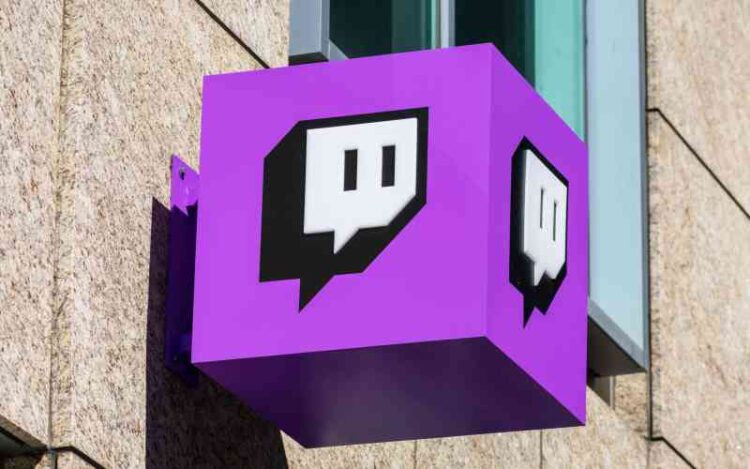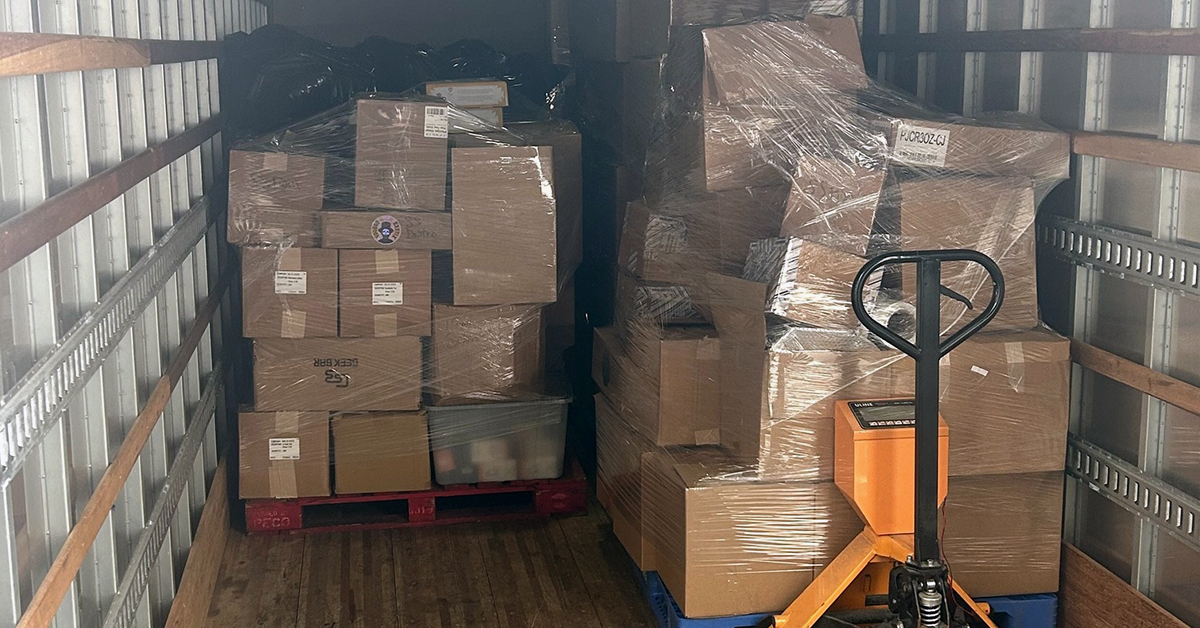The live streaming service for gamers, Twitch, which was acquired by Amazon in 2014, has recently updated its Branded Content Guidelines, introducing a ban on sponsorships related to cannabis products and brands.
Twitch initially set forth new rules about branded content on June 6. The rules prohibited “burned in” logos on streamer content and displays. The decision provoked a strong backlash from Twitch broadcasters, who expressed concern over the implications these changes might have on their direct relationships with sponsors.
By June 7, Twitch issued a statement clarifying that it would withdraw the guidelines. “Yesterday, we rolled out new Branded Content Guidelines which hindered your potential to collaborate with sponsors to generate income from streaming. These guidelines are disadvantageous for you and for Twitch, and we are instantly revoking them,” Twitch posted on Twitter. “…We apologize for the confusion caused by the policy wording and will revamp the guidelines for better clarity. Thanks for voicing your concerns, and we value your feedback. We’ll inform the community once we’ve revised the language,” it added.
In the current Branded Content Guidelines of Twitch, branded content is referred to as “streamers showcasing products or services in return for some form of compensation, such as payment or receipt of goods or services.” This could include anything from product placements, endorsements, channel sponsorships, and beyond. Twitch’s prohibited product categories stipulate that they do not accept any services that breach its Community Guidelines, such as high-risk gambling products, unauthorized private information sharing, and “Illegal Products and Services, like selling, advertising, or trafficking drugs, firearms, fake goods, or other illegal goods and services.”
It additionally states that broadcasters are not allowed to feature sponsored content that involves weapons, adult-themed items, tobacco products, political content, and “Cannabis-associated products, inclusive of vaping and delivery.”
Content creator JimTanna, who broadcasts on Twitch and publishes videos on YouTube, noted the ban on cannabis sponsorships, while alcohol brand sponsorship remains permissible. “What’s puzzling is that—you can still endorse alcohol. It’s baffling. We’re allowed to promote alcohol but not lawful cannabis?” JimTanna queried. “…Let content creators be. Let us consume our cannabis. Let us endorse the products.”
Despite Twitch declaring that it wouldn’t proceed with its proposed policy, it still dispatched an email obliging all Twitch Partners to ratify the revised agreement by their “next contract renewal date,” which includes the updated Brand Content Guidelines. If they opt not to accept the terms, their “existing contract will expire” and their Twitch Partner status would be downgraded to Twitch Affiliate until they decide to accept the policy conditions. In the event that they want to exit the platform and transition to a rival streaming platform, an affiliate would be required to pay Twitch $25 to do so.
JimTanna clarifies that these new regulations do not prohibit streamers from consuming cannabis during their broadcasts, but it specifically targets sponsorships related to cannabis-oriented products.
Prior to this, Twitch had introduced measures to block usernames containing “references to hard drugs, recreational drugs, and drug abuse,” except “alcohol, tobacco, and marijuana” in February 2022. Amazon itself previously revised its drug testing policy in September 2021 and endorsed the federal legalization of cannabis in January 2022.
In recent years, other firms have also modified their policies on cannabis. Twitter has recently fine-tuned its policies, such as permitting cannabis-related ads, including THC and CBD. Apple removed and prohibited vaping-related apps from the iOS store in November 2019, but a 2021 update lifted any restrictions that stopped cannabis businesses from operating via the app store.
CHECK THIS OUT: Fake Amazon van leads to illegal marijuana grow operation









